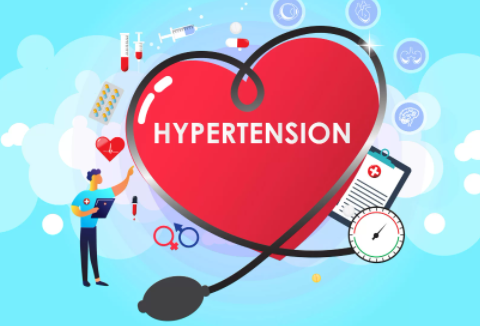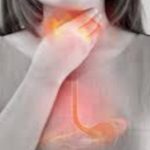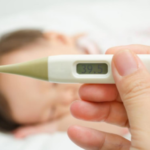Blood Pressure
This is the force of circulating blood on the walls of the arteries. The heart creates the force as it contracts and as it rests between contractions. The normal blood pressure is 160/90mmHg, although the value has been reduced to 140/90mmHg. The upper value is called the systolic blood pressure while the lower value is called the diastolic blood pressure. Some factors that affect blood pressure are age, sex, race, family history, pregnancy etcetera.
Hypertension
I want to deliberate more on hypertension, popularly known as high blood pressure. It is the repeated elevated blood pressure exceeding 140/90mmHg, a systolic pressure above 140, or a diastolic pressure above 90. Chronic hypertension can be a silent condition.
Some conditions can cause high blood pressure such as persistent headaches, blurring vision, stroke if not treated in time. One of the most dangerous aspects of hypertension is that you may not know you have it, or you may not know it on time. The only way to know if you are hypertensive is through regular check-ups, using a machine called a sphygmomanometer. This is very important if you have a close relation who has high blood pressure.
Read also; Pregnancy: Symptoms and Health Tips
When a person’s blood pressure is high, there may be some symptoms to look out for like severe headaches that persist for long periods, irregular heartbeats, pounding in the chest, neck or
ears, blurring vision, difficulty in breathing, and chest pains. If you have any of these symptoms, see a doctor with immediate effect.
The risk of getting Hypertension
Smoking Tabasco: It is the worst thing one can do to one’s health, especially for persons with high blood pressure. Nicotine constricts blood vessels, stimulates the heart, and increases the destruction of the arteries.
Being overweight: This can increase your blood pressure with each extra pound because the body increases the blood volume and the number of capillaries to supply the fatty tissue. It means that the heart must work harder, which can lead to hypertension.
Excessive sodium(salt) Intake: Individuals who are sensitive to Sodium or who have a history of hypertension should examine food labels carefully and avoid salty and processed foods.
Lack of exercise: Physical exercises regularly decrease the rate of fatty deposits build up on the artery walls, strengthens the heart, and reduces heart rate and blood pressure.
Alcohol: Taking even as little as two drinks a day can have harmful effects on blood pressure.
Genetic: Blood pressure levels are correlated among families. If either or both parents have high blood pressure, you are at a greater risk of developing it.
How to control Hypertension/ high blood pressure with Diet
Citrus fruits: Grapes fruit, orange, lemon may have powerful blood-pressure-lowering effects.
Salmon and other fatty fish: They are excellent sources of Omega 3 fats which have significant heart health benefits.
Beans and lentils: They are rich in fibres, Magnesium, and Potassium. Studies have shown that eating beans and lentils helps to lower high blood pressure.
Berries: It has impressive health benefits including the potential to reduce heart disease risk factors and also a rich source of antioxidants.
Carrots: They are high in phenolic compounds that help relax blood vessels and reduce inflammation.
Tomatoes: They are rich in potassium and pigment lycopene, which are beneficial for heart health. Consumption of food high in these nutrients will help to reduce the risk factors of diseases such as high blood pressure.
Broccoli: Eating broccoli helps the circulatory system. Also, it contains antioxidants, which help to reduce hypertension.
NOTE- Untreated hypertension can lead to some serious illnesses like heart attack, stroke, vision problems. My kindly advice is for every family to have a sphygmomanometer in your homes to
monitor your blood pressure and Ensure regular visitation to the hospital if you are hypertensive.
By: Peace Chigozie























































